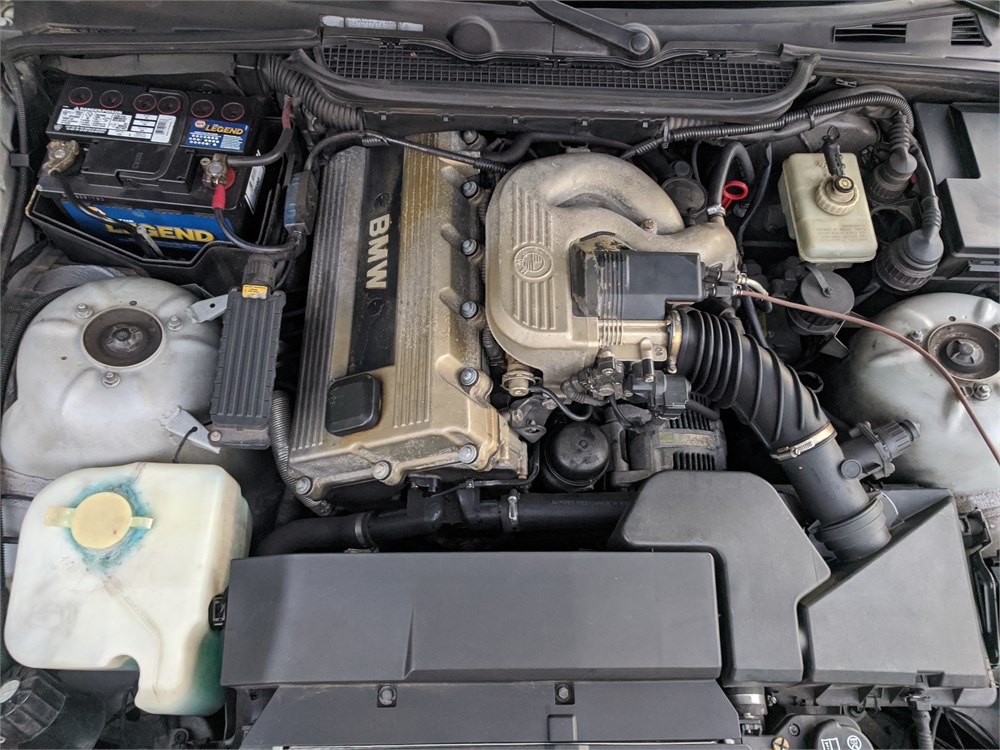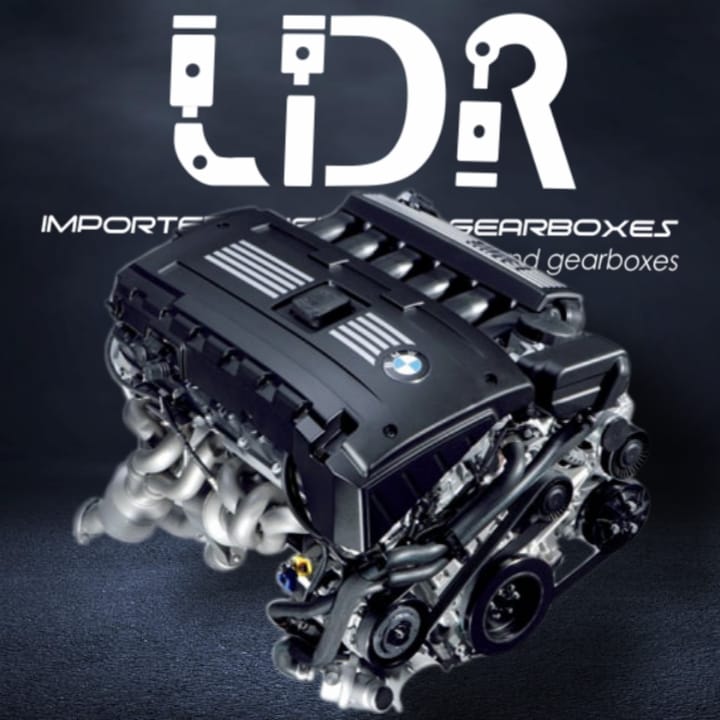BMW 318ti: A Timeless Compact with Classic Allure
BMW 318ti: A Timeless Compact with Classic Allure
Blog Article
Secret Functions to Try To Find When Investing In an Engine for Automotive Applications
When considering the acquisition of an engine for vehicle applications, several essential features warrant careful evaluation to ensure optimal efficiency and capability. From power and efficiency abilities to fuel efficiency, durability, and adherence to exhausts requirements, each aspect plays an important role in establishing the engine's viability for particular automotive demands. Additionally, cost-effectiveness remains a crucial consider the decision-making process, balancing top quality with monetary factors to consider. These functions collectively add to the overall performance and reliability of the engine, affecting the driving experience and long-lasting satisfaction of the customer.
Power and Performance
When picking an auto engine, customers focus on power and efficiency to ensure optimum driving experience and performance. A well-performing engine not just provides power effectively but also runs smoothly across different speed arrays and driving problems.
Additionally, variables such as engine displacement, turbocharging, and crossbreed technologies play substantial functions in improving both power and efficiency degrees. Eventually, selecting an engine that supplies a powerful mix of power and efficiency makes certain a efficient and satisfying driving experience.
Fuel Efficiency
Enhancing gas performance is a critical consideration for customers when examining vehicle engine options. Modern engines with attributes like straight fuel shot, turbocharging, and variable valve timing can dramatically improve fuel efficiency by boosting combustion procedures and decreasing energy loss.

Sturdiness and Dependability
Attaining durable efficiency and trustworthy procedure is important for consumers examining the resilience and reliability of automobile engines. When considering an engine for automotive applications, resilience refers to the engine's capability to hold up against wear, anxiety, and extreme operating conditions over a prolonged period. Reliability, on the various other hand, indicates that the engine can regularly do its designated function without unforeseen breakdowns or failings.
Customers need to seek engines created with high-quality products and accurate engineering to make certain long life. Elements such as crankshafts, pistons, and bearings should be long lasting to handle the engine's power output without early wear. In addition, engines equipped with sophisticated cooling systems, efficient lubrication, and robust filtering devices often tend to exhibit higher degrees of dependability.
Normal maintenance and adherence to manufacturer referrals are likewise vital consider protecting an engine's longevity and integrity. By following upkeep timetables, using suggested liquids, and dealing with any type of concerns quickly, customers can make best use of the life expectancy and performance of their auto engines. Ultimately, focusing on resilience and integrity in engine selection can lead to a much more gratifying ownership experience with fewer unanticipated disruptions.
Discharges Conformity
Guaranteeing compliance with emissions laws is an essential element of check evaluating vehicle engines for environmentally mindful customers. With enhancing concerns regarding air top quality and ecological impact, rigorous discharges requirements have actually been put in area globally to minimize harmful toxins released right into the atmosphere. When acquiring an engine for automotive applications, it is important to consider its emissions conformity to lessen the carbon impact and follow lawful requirements.
Modern engines are geared up with advanced discharge control technologies such as catalytic converters, exhaust gas recirculation (EGR) systems, and selective catalytic reduction (SCR) to reduce damaging exhaust gases like nitrogen oxides (NOx), carbon monoxide (CO), and hydrocarbons (HC) These systems play a vital duty in making certain that the engine satisfies the specified discharges standards and operates within permitted limits.

Cost-effectiveness
When thinking about auto engine purchases, examining cost-effectiveness is extremely important for customers seeking both their explanation efficiency and value. Cost-effectiveness in engine acquisition includes more than simply the first purchase price. It includes the overall costs connected to upkeep, gas intake, and potential repairs over the engine's life expectancy. Selecting an engine that supplies an equilibrium in between in advance prices and long-lasting financial savings can lead to significant benefits for the customer.
Engines that are designed to make the most of gas economic situation can lead to considerable financial savings over time, especially for individuals who drive frequently or over long ranges. bmw 318ti. Furthermore, considering the schedule and cost of extra components and maintenance can add to the total cost-effectiveness of an engine.

Final Thought
To conclude, when acquiring an engine for automobile applications, it is critical to think about key features such as power and efficiency, fuel toughness, dependability and efficiency, exhausts conformity, and cost-effectiveness. These elements pop over here are necessary in guaranteeing that the engine satisfies the needs of the lorry and runs successfully in various driving problems - bmw 318ti. Making a notified choice based upon these standards will inevitably cause a reliable and successful automotive engine purchase
From power and efficiency abilities to sustain adherence, longevity, and efficiency to exhausts standards, each element plays a critical function in establishing the engine's suitability for specific automobile demands. Engines made to run on different fuels such as electric power, crossbreed systems, or biofuels can supply improved gas economy and lower discharges compared to standard gasoline or diesel engines. Customers should carefully take into consideration the fuel effectiveness rankings and modern technologies incorporated into automotive engines to make educated investing in choices that straighten with their priorities for cost savings and sustainability.
When thinking about an engine for vehicle applications, longevity refers to the engine's capacity to withstand wear, stress, and extreme operating conditions over an extended period.In verdict, when acquiring an engine for automotive applications, it is crucial to take into consideration crucial functions such as power and performance, fuel durability, effectiveness and reliability, emissions conformity, and cost-effectiveness.
Report this page